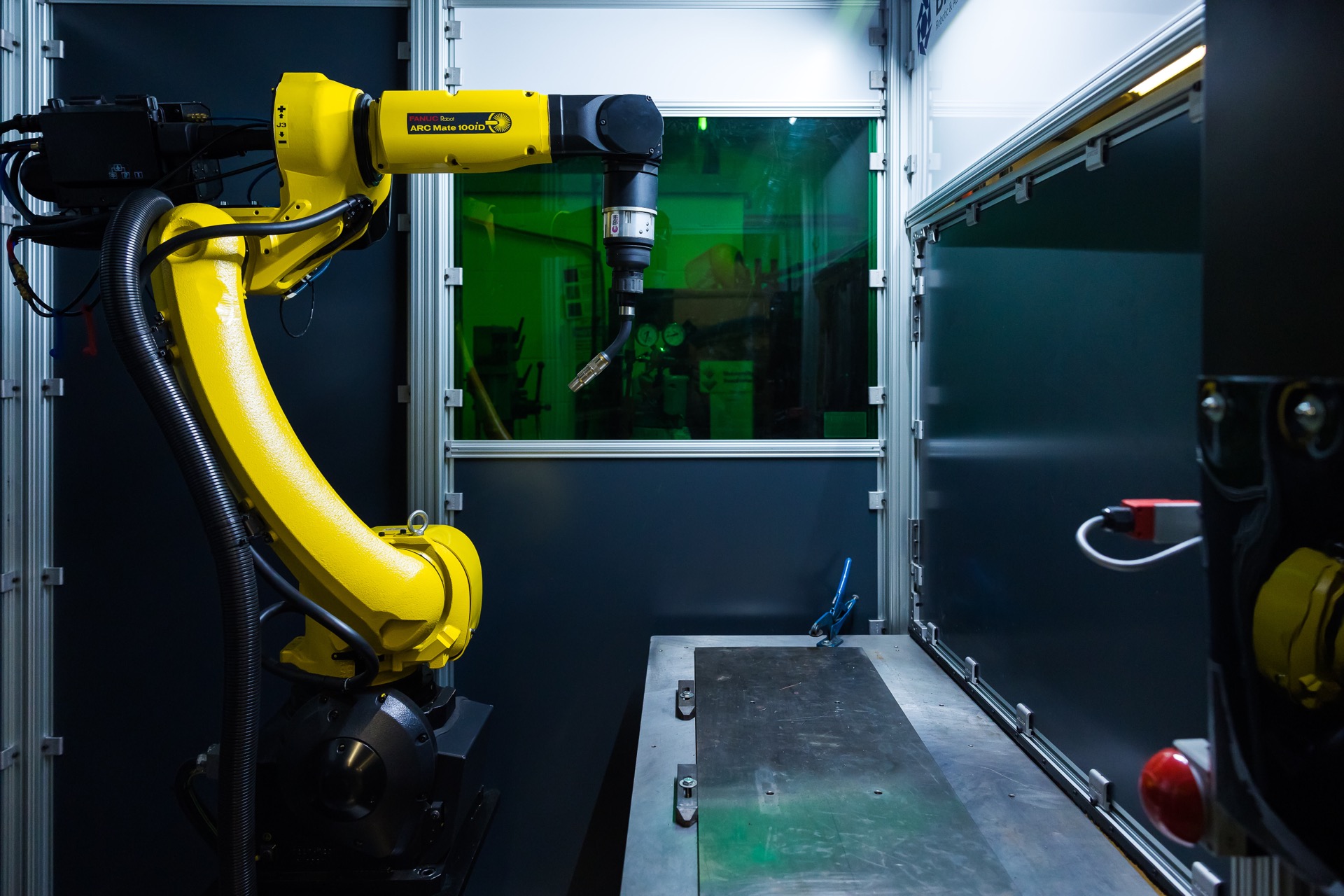A North East creative design studio is cutting a path to success after investing in new equipment to expand capabilities and explore new markets.
Cabinet of Curiosity Studio, which specialises in public art commissions for the arts and heritage sector, worked with the team at the Sustainable Advanced Manufacturing (SAM) Project, to engage with technical experts and upgrade its cutting machinery, enabling the business to unlock new opportunities and support batch production.
Based in South Shields, the studio was established in 2010 by designer maker Caroline Collinge and architect Edmond Salter, after they were selected as finalists for a Royal Institute of British Architects (RIBA) competition, which was exhibited at the National Theatre in London.
Since then, Cabinet of Curiosity Studio has worked with museums such as the V&A, arts and heritage organisations such as the Thames Festival Trust, as well as local authorities and universities across the UK to create art exhibitions, installations and participatory activities, with a focus on architectural themes and nature inspired design using materials such as paper and wood.
Working with technical experts and academics at the SAM Project, Cabinet of Curiosity Studio attended a digital manufacturing course to find out more about the skills and knowledge needed to manufacture products on a larger scale, before tapping into grant funding to invest in a CNC Router and additional accessories for its laser cutting machine.
Caroline said: “We have worked on some fantastic projects over the years, helping our clients engage with a wider audience through arts and design. All elements of the design and making is carried out at our studio, using laser cutting fabrication techniques and CAD software.
“Before the pandemic, I attended a business event in Durham to find out about the support we could tap into, which is how I came across the SAM Project. We wanted to ensure Cabinet of Curiosity Studio was one step ahead, and the digital course and funding has enabled us to invest in equipment to craft more detailed designs, use a wider range of materials and recycled materials, as well as explore new income streams and batch production.”
Caroline and Edmond are currently working on two projects with local authorities. One is supported by a grant from Durham County Council, fabricating laser cut kits for families to take away and build their own miniature market gardens to grow fresh produce, and the other in Milton Keynes, using laser cutting equipment and wood materials to create a nature themed art trail along cycleways.
She added: “Cabinet of Curiosity will continue to work on arts and heritage projects, but we’re also looking to move our business towards creating products for people to purchase. Supply chains have been disrupted by the pandemic, and more and more people are wanting to support UK and regionally made products and businesses.
“With the help of the SAM Project, we decided to innovate and continue to adapt the business, and we hope to translate some of the work we’ve previously produced into beautifully decorative wooden items for the home.”
The Sustainable Advanced Manufacturing (SAM) Project is a £10.9m collaboration between the European Regional Development Fund (ERDF), the University of Sunderland and the Northern Powerhouse Initiative and Industry, supporting SME manufacturers in the North-East Local Enterprise Partnership (NE LEP) area to improve their products or processes and introduce new technology.
Roger O’Brien, project and technical lead at the SAM Project, said: “We are delighted to have been able to help Caroline and Edmond to explore the next steps for their business and invest in the equipment needed to continue innovating and creating unique and bespoke products.
“The SAM Project was launched to support the region’s SME manufacturers and help them innovate and grow, and It’s fantastic to see Cabinet of Curiosity taking advantage of new opportunities and embracing new technologies to improve their processes and outcomes.”





